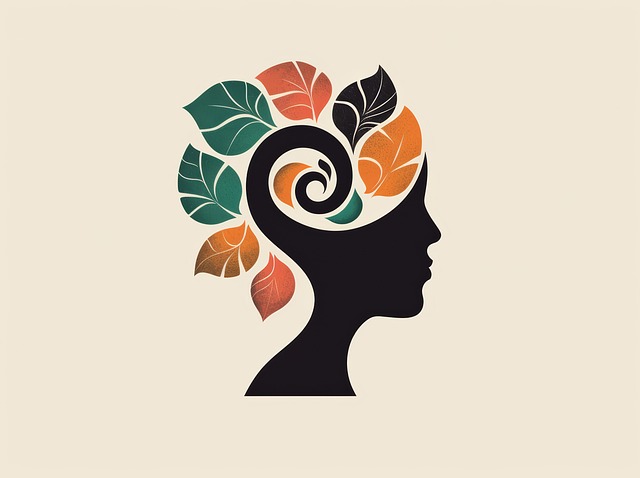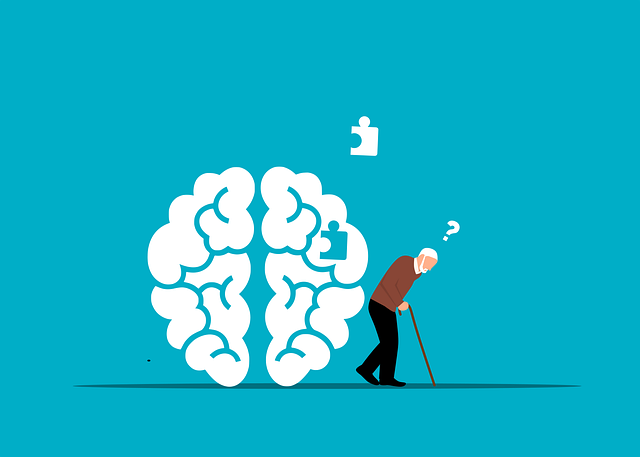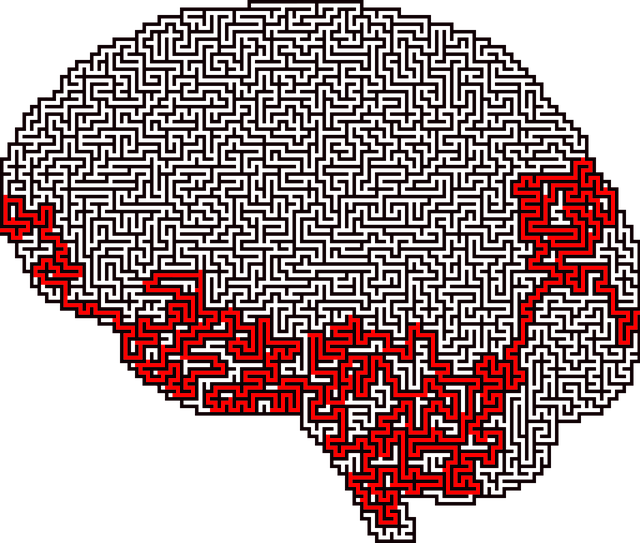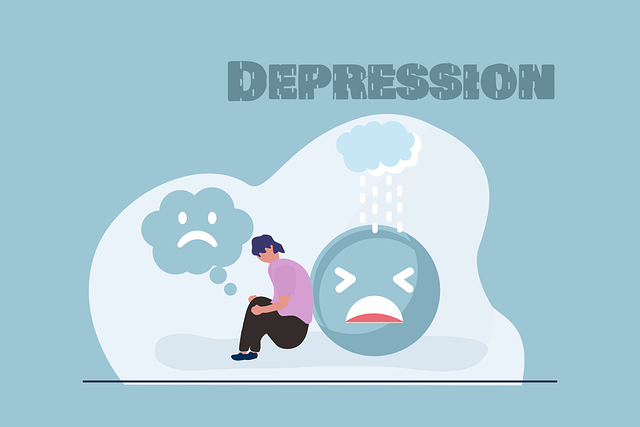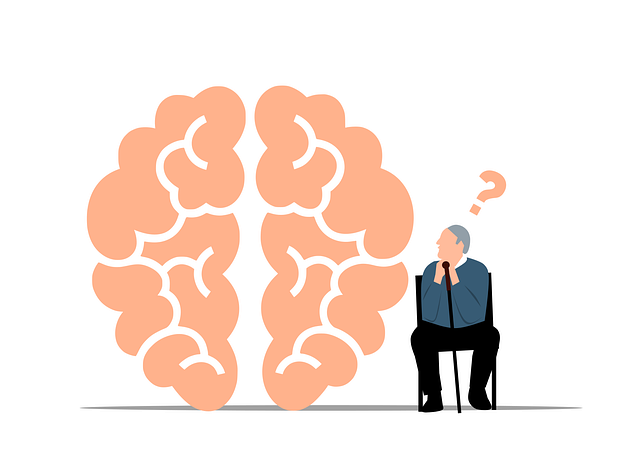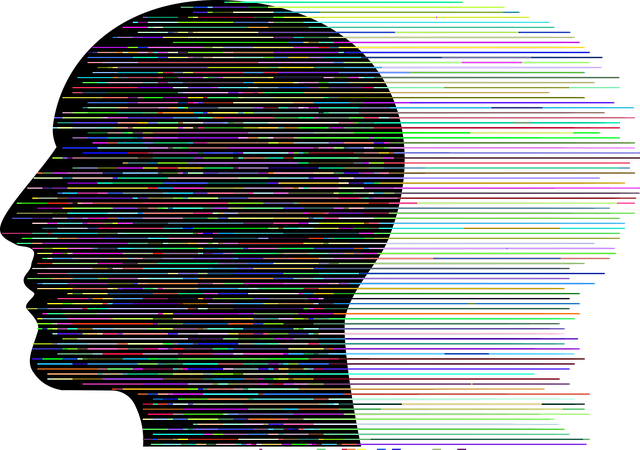Developing a mental wellness app tailored to Boulder's Russian-speaking community requires cultural sensitivity, addressing language barriers and unique mental health challenges. By partnering with local professionals like Boulder Russian Speaking Therapy, developers can create an accessible, effective app integrating conflict resolution, resilience building, and robust risk management. Incorporating live video conferencing, mood trackers, mindfulness exercises, and cultural-specific resources enhances user engagement while ensuring privacy and security through strong encryption methods. Strategic marketing targeting specific needs, like those of the Russian-speaking community in Boulder, drives adoption and fosters trust, revolutionizing mental wellness accessibility for all.
In today’s digital age, mental wellness apps offer a vital tool for addressing diverse community needs. This article explores the development of a Russian-speaking therapy app tailored to Boulder’s unique demographic, specifically catering to individuals who may face language barriers in accessing traditional services. We delve into key aspects, from understanding mental health challenges in diverse communities to implementing effective features and prioritizing privacy. Additionally, we discuss marketing strategies for successful user engagement, ensuring accessibility and impact for those seeking support.
- Understanding Mental Health Needs in Diverse Communities
- The Role of Technology: Why a Russian-Speaking Therapy App is Necessary
- Features and Functionality for Effective Therapy Sessions
- Privacy and Security Considerations for Sensitive Data
- Marketing and User Engagement Strategies for Success
Understanding Mental Health Needs in Diverse Communities

Mental wellness app development must consider the diverse needs and cultural contexts of various communities to ensure inclusivity and effectiveness. In many cities, like Boulder, Russian-speaking populations have unique mental health requirements due to language barriers, cultural differences, and specific challenges faced within their communities. For instance, a study might reveal elevated rates of anxiety or depression among Russian speakers, influenced by factors such as immigration stress, family dynamics, or limited access to culturally sensitive therapy services.
App developers should partner with local professionals like Boulder Russian Speaking Therapy to understand these nuances. Integrating features for conflict resolution techniques and resilience building, tailored to the experiences of Russian-speaking individuals, can make mental health support more accessible and appealing. Effective risk management planning for mental health professionals is also crucial, ensuring that apps designed for diverse communities adhere to ethical standards while addressing their unique needs.
The Role of Technology: Why a Russian-Speaking Therapy App is Necessary

In today’s digital age, technology plays a pivotal role in shaping mental wellness and healthcare accessibility. With the growing demand for personalized and convenient support, the development of specialized apps has become essential. For Russian-speaking communities, this need is particularly pronounced, as options for therapy and mental health resources are often limited. Boulder, with its diverse population, presents a unique opportunity to bridge this gap by creating an innovative Russian-speaking therapy app.
This app can cater to the specific needs of individuals who may face language barriers when seeking traditional therapy. By incorporating features tailored to cultural and linguistic preferences, it will encourage users to embrace self-care practices and compassion cultivation techniques. With effective design strategies focused on mental health education programs, this app has the potential to revolutionize access to wellness resources, ensuring a more inclusive and supportive environment for all residents, regardless of their background or language.
Features and Functionality for Effective Therapy Sessions

Effective therapy sessions within a mental wellness app require thoughtful features and functionality to facilitate meaningful interactions between users and therapists. Key components include live video conferencing for face-to-face communication, allowing for non-verbal cues to be observed and responded to in real-time. Additionally, integrated tools such as mood trackers, journaling prompts, and mindfulness exercises enhance user engagement and self-reflection.
Cultural sensitivity in mental healthcare practice is paramount, especially when catering to diverse communities like Boulder’s Russian-speaking population. The app should include options for multiple languages, recognizing the importance of Mental Health Awareness and providing resources tailored to specific cultural needs. Features enabling users to share progress privately and securely, while also allowing therapists to offer personalized recommendations based on individual profiles, contribute to a safe and supportive environment. Stress management workshops organized within the app can further empower users with coping strategies, fostering a holistic approach to mental wellness.
Privacy and Security Considerations for Sensitive Data

When developing a mental wellness app, especially one catering to sensitive populations like Boulder Russian Speaking Therapy clients, prioritizing privacy and security is paramount. Users share intimate details about their emotional well-being, making data protection crucial. Implement robust encryption methods to safeguard user information from unauthorized access, ensuring that all data stored or transmitted adheres to strict industry standards.
Consider integrating secure login mechanisms, anonymization techniques for data analysis, and clear privacy policies to build trust with users. Additionally, a Community Outreach Program Implementation can foster a sense of belonging while ensuring the confidentiality of participants’ personal growth journeys. Emphasize emotional intelligence through self-awareness exercises within the app, allowing users to manage their mental health effectively while maintaining the highest levels of data security.
Marketing and User Engagement Strategies for Success

In today’s digital age, mental wellness apps have become a powerful tool for reaching and engaging users seeking self-care practices and emotional regulation support. To stand out in a competitive market, developers must implement effective marketing and user engagement strategies. Incorporating elements like personalized content tailored to individual needs, such as those of the Russian-speaking community in Boulder, can significantly enhance app adoption and retention.
Cultural sensitivity in mental healthcare practice is another key aspect that sets successful apps apart. By recognizing and addressing the unique cultural nuances and preferences within diverse user groups, developers foster a sense of belonging and trust. This strategy not only promotes longer user engagement but also ensures that the app provides culturally relevant resources for emotional well-being, specifically catering to the Russian-speaking therapy needs in Boulder.
Mental wellness app development, especially for diverse communities like Boulder’s Russian-speaking population, is a game-changer. By addressing unique mental health needs and cultural barriers, apps like Russian-speaking therapy platforms can revolutionize access to care. Incorporating essential features, prioritizing privacy, and employing effective marketing strategies are key to success in this digital age. Just as Boulder’s vibrant community embraces innovation, so too should mental health support, ensuring that everyone has the tools for a healthier mind.

